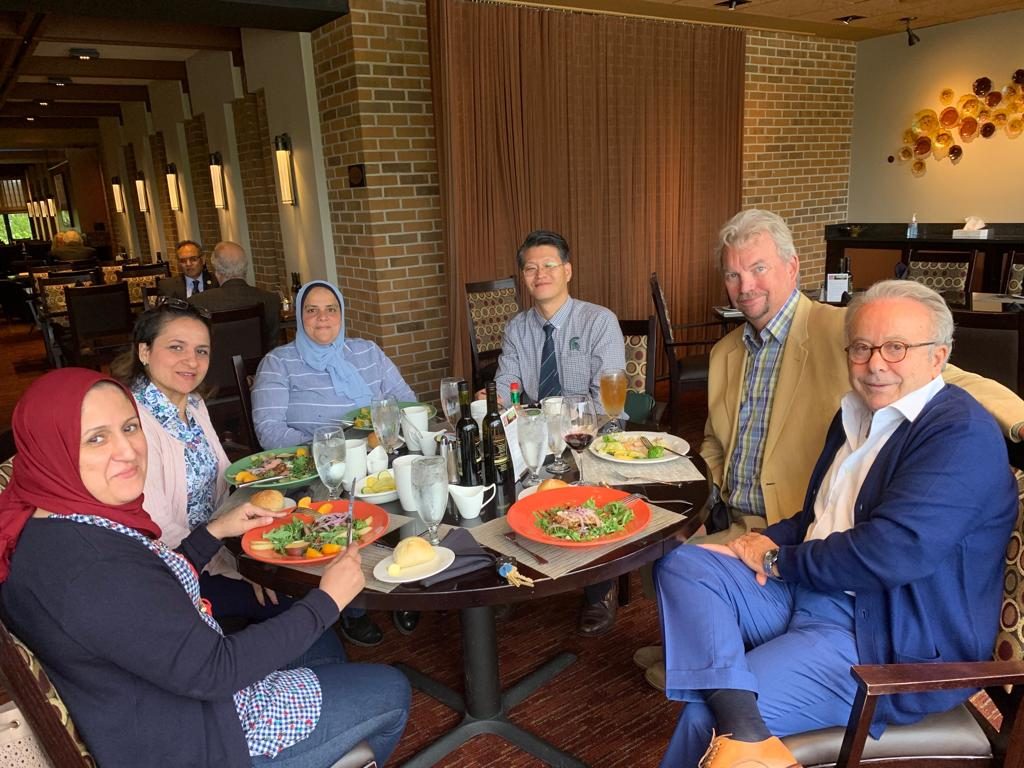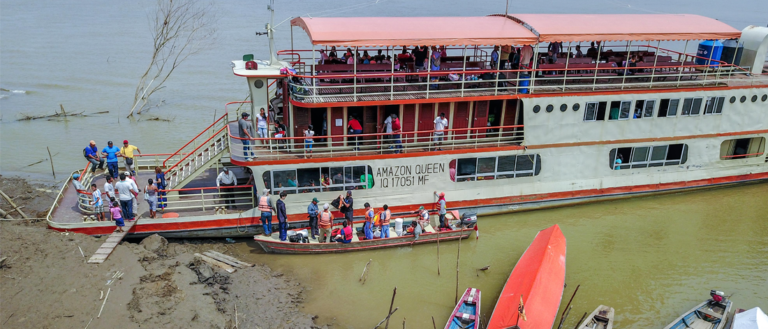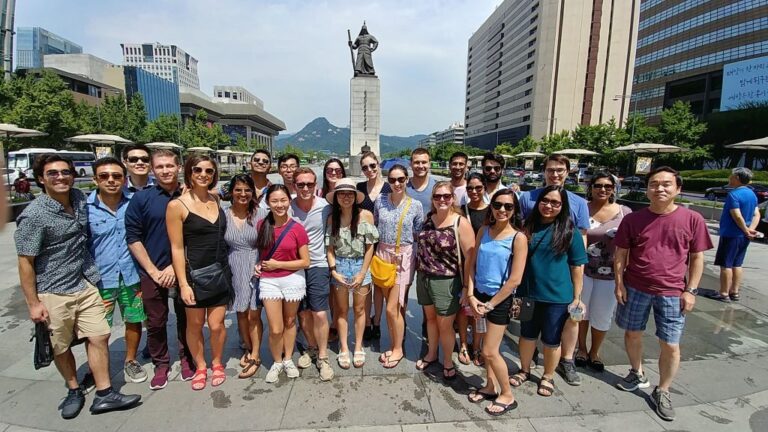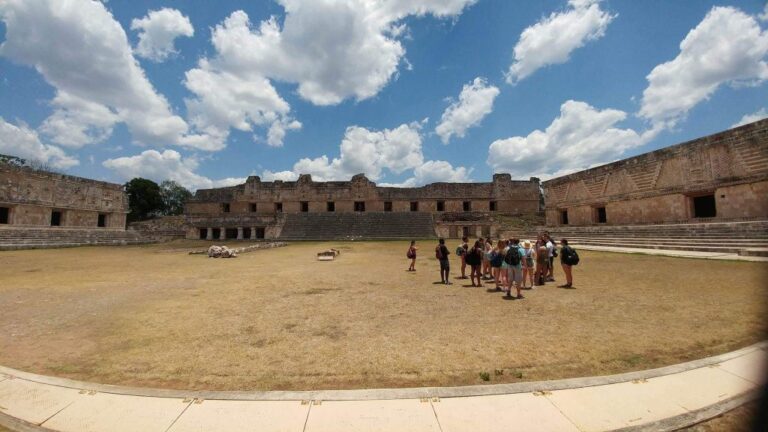For the past two years, the Institute for Global Health (IGH) at Michigan State University (MSU) College of Osteopathic Medicine (COM) has been serving as a consultant for the Armed Forces College of Medicine (AFCM) to assist in their revision of their medical education curriculum. Armed Forces College of Medicine (AFCM) in Egypt visited MSU in various levels: global health observer ship for medical students, faculty development program with MSU statewide campus system and nursing faculty development training program from Armed Forces Medical Services (AFMS) in Egypt. Institute for Global Health (IGH) at MSU has worked closely the Egypt Government in order to revise all levels of medical services and education since 2017 as well as spreading out the philosophy and practice of osteopathic medicine in the U.S.A.
AFCM matriculated their first class of students five years ago. The process of being admitted to the medical school is arduous requiring AFCM cadets to not only pass a battery of psychological and physical tests, to meet the demands of a military career but also possess skills and attitudes necessary to succeed as a physician in contemporary healthcare.

IGH and its team of experts are tasked with working with the AFCM medical educators to transition their curriculum from a 6 +1 (six years of medical school followed by one year of clinical training) to a 5 + 2 model (five years of medical school followed by two years of clinical training) which more closely aligns with medical education in the United States. Patricia Sexton, MSU Associate Dean for Curriculum and Professor of Family Medicine comments: “Our work with AFCM in the curriculum and assessment realm has been generative and collaborative. I have found the administrative team to be well versed in medical education knowledge and practices and receptive to recommendations for change. Likewise, the faculty are invested in student learning and open to enhancing their delivery in every way possible. We have reviewed the current curriculum and continue to provide input into the emerging integrated curriculum while also co-creating the internship curriculum”.
AFCM’s goal is to prepare their graduates to pass the exams that will enable them to qualify for residencies and additional training in the United States in addition to other countries. A key element in this plan is for cadets to have access to evidence-based medical literature, libraries and databses online. The MSU team is working closely with the AFCM It team to expand access to key educational resources to enhance success.
The MSU team has embraced the cultural aspects of consulting abroad and living in a Muslim country. The medical students are very disciplined and have a passion for learning that is insatiable. Professionalism and accountability is the foundation of the medical cadets training. The MSU team is partnering with educators and researchers at AFCM to develop sustainable programs that both Colleges can continue to actively promote. Various experts on the MSU consultation team continuously note the progress and outcomes of the work being done. According to Dr. Mary Kay Smith, Chair of the Faculty Development Committee, “It is so rewarding to facilitate so many diverse professional development programs. The commitment of AFCM leadership and active engagement of faculty has resulted in significant growth. Each time we visit, it is so apparent that they apply innovative strategies which benefit their cadets and ultimately patients. I believe they are well-situated to be the leader in medical education in Egypt!”
“The assessment practices are in a quality improvement process that is impressive. All-in-all, our partnership fosters zeal to continue learning together which will serve to create a preeminent medical institution in Egypt. I am proud to play a small role in this work”, Patricia Sexton expressed.
Over three thousand years ago, the center of the universe was Egypt and Alexandria, was the jewel city of the world. Egyptian physicians were teaching the Romans and Greeks the principles of medicine, some of which are still in practice today. The MSU team is privileged to work with and learn from AFCM and its medical educators in training the next generation of leaders, physicians and faculty for Egypt, the Middle East, Africa and the world. We are excited to be a small part of their growth process to a world class medical school.



